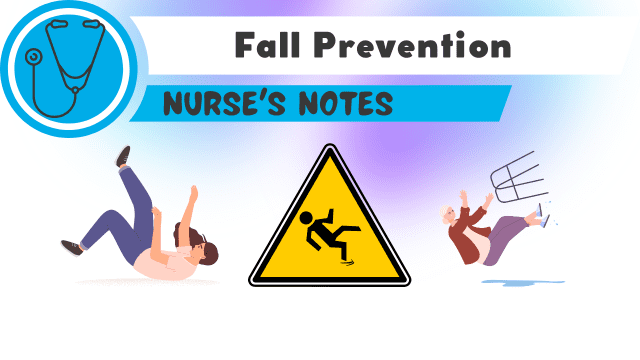Not known Details About Dementia Fall Risk
The Buzz on Dementia Fall Risk
Table of ContentsThe smart Trick of Dementia Fall Risk That Nobody is DiscussingEverything about Dementia Fall RiskTop Guidelines Of Dementia Fall RiskThe Single Strategy To Use For Dementia Fall RiskThe Facts About Dementia Fall Risk Revealed
Nevertheless, based upon symptoms and signs, such as evidence of head injury or a new focal neurologic shortage, computed tomography or MRI of the brain may be shown - Dementia Fall Risk. An assessment for causes of syncope should be carried out only if there is solid suspicion, as in the case of frequent, inexplicable falls
Health care carriers make use of a loss risk analysis to identify your danger elements for falling and make practical recommendations. A fall risk assessment is essential since recognizing which elements enhance your possibilities of dropping aids you: Minimize your danger of falling or injuring yourself.
Optimize your capacity to move and be energetic. Keep a healthy and balanced, independent life. All grownups 65 years and older ought to have an initial autumn danger testing. Your doctor may ask you whether you: Feeling unstable when standing or strolling. Have dropped in the past year. Bother with dropping. If you address yes to any of these questions, your doctor will certainly advise an additional, much more detailed evaluation.
The smart Trick of Dementia Fall Risk That Nobody is Discussing

, and objectives especially tailored to clients that are at danger for drops. A is specified as an event that results in an individual coming to relax accidentally on the ground or floor or various other lower degree (THAT, 2021).
Dropping is the 2nd leading cause of fatality from unintended injuries worldwide. It is estimated that fall death prices in the U.S
Little Known Questions About Dementia Fall Risk.
If this rate proceeds, the CDC anticipates 7 loss fatalities every hour by 2030.
Each year, over 800,000 people are hospitalized because of drops. Nurses play a significant function in preventing drops for their patients through education and learning, reviewing autumn danger, creating safer environments, and offering interventions in protecting against injuries from falls.
Loss are due to numerous factors, and a holistic technique to the individual and setting why not check here is essential. Expect a person is thought about at high danger for falls after the testing.
Unknown Facts About Dementia Fall Risk
A needs using a confirmed device that scientists have actually checked out to be valuable in calling the reasons of drops in an individual. As a person's health and circumstances change, review is called for. The level of autumn danger can be identified utilizing the assessment of intrinsic and external variables. Criterion evaluation tools can also be made use of (reviewed listed below).
Individuals are a lot more likely to Read More Here drop again if they have actually maintained one or more drops in the past 6 months. The older population is at boosted risk of fall-related readmissions based on a research determining the factors anticipating of repeat falls connected outcomes (Prabhakaran et al., 2020).
In addition, complication and impaired judgment raise the client's opportunity of dropping. The capability of individuals to protect themselves from drops is affected by such elements as age and growth. Older individuals with weak muscles are more probable to fall than those who preserve muscular tissue strength, flexibility, and endurance. These modifications consist of reduced visual function, impaired shade assumption, adjustment in center of gravity, unsteady gait, reduced muscular tissue strength, reduced endurance, transformed depth understanding, and postponed response and reaction over at this website times.
A Biased View of Dementia Fall Risk
Much less comparison level of sensitivity was rather related to both increased prices of drops and other injuries, while decreased aesthetic acuity was only related to boosted autumn rate (Timber et al., 2011). Sensory assumption of ecological stimuli is vital to safety and security. Vision and hearing impairment restriction the individual's ability to perceive threats in the surroundings.
Older adults that have bad balance or trouble walking are more probable to drop. These problems may be connected with absence of workout or a neurological cause, arthritis, or various other medical conditions and therapies. A vital danger factor highlighted in a research study is that grownups with rheumatoid arthritis go to high risk of drops, including puffy and tender lower extremity joints, exhaustion, and use psychotropic drugs (Stanmore et al., 2013).